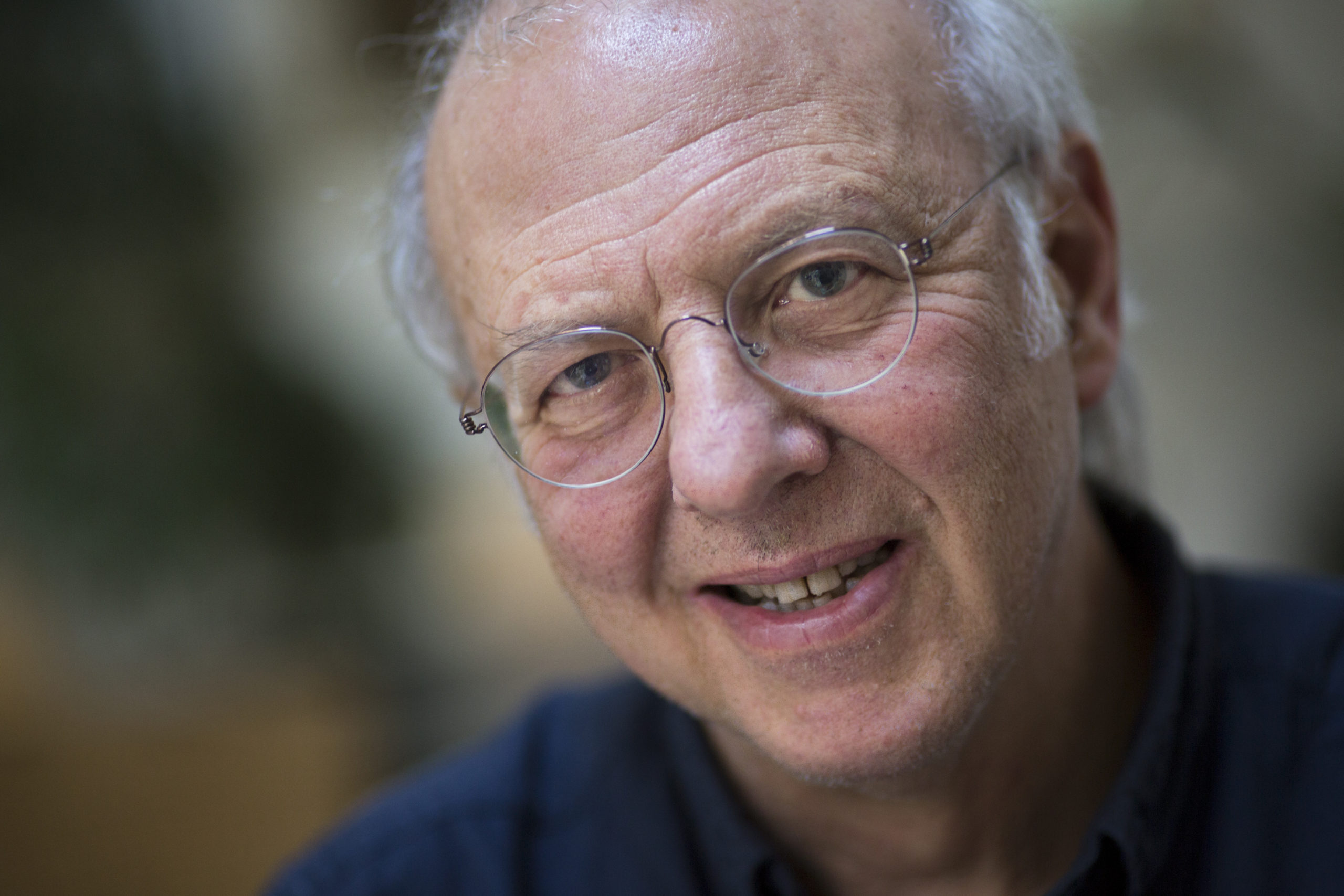
To us, we Jews who live safe in our warm houses, consider:
On October 7, 2023, when unspeakable acts of brutality were carried out in southern Israel, our political differences, for the most part, melted away and we reacted with horror and shock. We mourned the victims, wept with the bereaved, and shuddered at the thought of the terror and dread felt by those who were taken captive. We were filled with outrage against the perpetrators. What sort of people would we be if we had not reacted this way? If we had muttered “it’s so tragic” or “how awful,” and left it at that?
But that is how many of us, if not most, respond to the unspeakable suffering and loss experienced by the people of Gaza at the hands of the Israel Defense Forces (IDF). We read that over 90% of the population has been forcibly displaced from their homes, with nowhere to go. We see images of total devastation on a gigantic scale. We hear reports of masses of people with little or no food or water; of horrendous injuries and countless deaths caused by relentless Israeli bombardment. And what do we do? We shake our heads solemnly, uttering phrases like “yes, it’s dreadful,” and then quickly move on. The right of Israel to defend itself is blithely invoked. One way or the other, we do not look the victims in the eye.
“You who live safe / in your warm houses, / You who find, returning in the evening, / Hot food and friendly faces: / Consider if this is a man / Who works in the mud/ Who does not know peace / Who fights for a scrap of bread …” “Consider if this is a woman, / Without hair and without name / With no more strength to remember, / Her eyes empty and her womb cold / Like a frog in winter.” These lines are from “Shema” (“Hear”), the poem Primo Levi wrote shortly after being liberated from Auschwitz.
Consider: Levi’s lines tell us that the abject beings he describes are human individuals. He tells us nothing more about them. Nothing about their identity or where they come from. He speaks only of what they have been reduced to in the camps: something less than what they are: a woman and a man. It’s as if there is nothing more we need to know. As if this were the essence of what he wants us to hear.
What he wants us to hear is timeless. So, reflecting on the wasteland called Gaza: Consider if this is a child, who sits amid the ruins of his home, who is inconsolable with grief at the death of his parents, who fights for a scrap of bread. Consider if this is a mother, robbed of her slain daughters and sons, with no more strength to bear her unborn baby, her face wracked with pain and loss.
“Meditate that this came about,” Levi writes in “Shema,” after his harrowing description of the man and the woman stripped of their humanity. “I commend these words to you. / Carve them in your hearts/ At home, in the street, / Going to bed, rising …” Perhaps you notice that these lines inflect the text of the biblical Shema, the summons “Hear, O Israel!,” after which his poem is named. If, confronted with the hell unleashed on the people of Gaza in our name, we could do as Levi says, and carve his words in our hearts, then we would not efface the humanity of the children, women, and men of Gaza. Then our hearts would be broken. We would not rush to justify what Israel is doing, day after day after day, to this people. We might instead exclaim: “Hear, O Israel!”


Thank you for this Brian.
My heart weeps all round. Elli shared this with me. I’m very grateful for your writing of this piece and contextualising it within Jewish prayer and Jewish history. I shall share it as widely as I can.
with kind regards,
Harriett Goldenberg (Council member of the LJS, and a Deputy on the BoD).